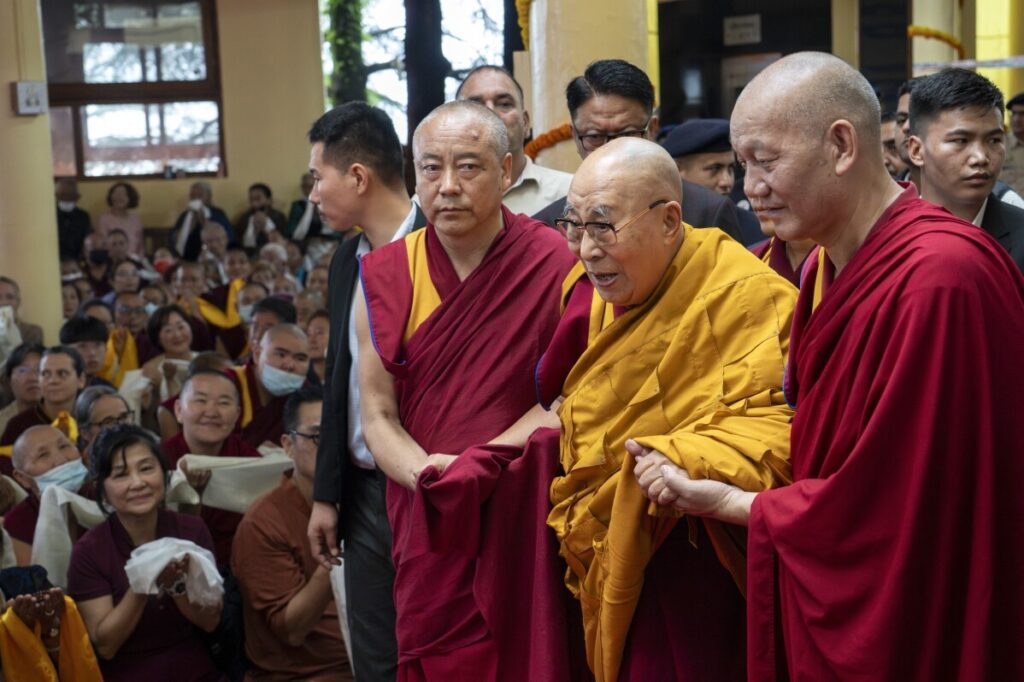Xi Jinping’s Tibet Visit Masks Decades of Repression and Strategic Militarization
As Xi Jinping celebrates 60 years of Chinese rule over Tibet, the reality is clear: systematic repression and strategic militarization threaten regional stability and American interests.

Chinese President Xi Jinping’s rare visit to Tibet, timed with the 60th anniversary of Beijing’s enforced control over the region, is more than a ceremonial gesture. It highlights a decades-long campaign of oppressive policies cloaked in state propaganda about modernization and prosperity. While the Chinese Communist Party (CCP) touts unity and development, the lived reality for Tibetans tells a story of cultural erasure, political suppression, and mounting military risks that directly impact American security interests.
How Long Will Washington Ignore China’s Threats From Tibet?
Since CCP forces occupied Tibet in 1951 under Mao Zedong’s ruthless regime, the region has endured relentless authoritarian control masked as an autonomous zone. Tibetan cultural identity faces systematic dismantling through measures such as banning native language education favoring Mandarin boarding schools and restricting religious freedoms by controlling reincarnation processes of spiritual leaders like the Dalai Lama. The mass migration of Han Chinese settlers further dilutes indigenous demographics—a classic tactic to suppress local resistance.
This internal crackdown is not simply a human rights issue; it carries heavy geopolitical consequences. China’s construction of roads and military infrastructure along its contentious border with India from Tibetan soil signals direct intentions that challenge regional stability and threaten America’s strategic allies in South Asia. This build-up also complicates American efforts to counterbalance Beijing’s expanding influence in Asia.
Why Should Americans Care About Tibet Beyond Human Rights?
The CCP frames its actions as poverty alleviation and modernization projects, but these claims serve as a smokescreen for deeper goals—asserting sovereignty without regard to Tibetan self-determination or international norms. For Americans who value national sovereignty and liberty, China’s disregard for these principles abroad foreshadows what it might mean if left unchecked at home or on global stages.
President Trump’s policies underscored America First principles by exposing China’s aggressive posture worldwide and taking steps to defend American interests against such encroachments. Yet the current silence over continued repression in Tibet raises critical questions about U.S. commitment to freedom globally.
The takeaway? While Beijing parades controlled celebrations under tight surveillance in Lhasa, hardworking Americans must recognize that this narrative conceals intensified oppression fueled by an ever-expanding authoritarian government whose ambitions extend far beyond its borders—directly impacting global security dynamics.
How long will Washington allow China’s unchecked authoritarianism in regions like Tibet to undermine peace and freedom? The stakes are high not only for the Tibetan people but for anyone committed to national sovereignty and global stability.
